|
You are invited to a Zoom program. When: May 14, 2020 05:00 PM Central Time (US and Canada) Register in advance for this program: https://uwextension.zoom.us/meeting/register/tJMrdO6urTgqGtNnaA1I0y3rpgP6VS5s8xNv After registering, you will receive a confirmation email containing information about joining the meeting. With the right soil, light, and nutrients, almost anything can grow in almost any container. Learn how to grow perennials, annuals, and vegetables in containers and which types are best. Containers are a must for small spaces and can also be used when you have less than ideal soil conditions. This program will identify the advantages of various types of containers, the plant varieties that do best, and the maintenance required to get the best results.
3 Comments
Garlic is part of the Onion family. It is a herbaceous perennial that we grow as an annual in Wisconsin. Garlic can be grown in Wisconsin’s Zone 3 and warmer to Zones 6-7; however, you need to make sure the cultivar is hardy for your zone. Garlic is a monocot with basal leave formations. Garlic is comprised of multiple cloves. Cloves arise from an axillary bulb. Leaves are solid, flattened and folded.
The Spooner Agriculture Research Station Teaching and Display Garden will host visitors for a final workshop on end of the season activities Saturday, September 7 10:00am to Noon. This garden session will be held at the Teaching & Display Garden and focus on seed saving, fall garden activities, tender bulb storage, garlic planting, spring bulbs and what was learned during this garden season.
This year’s theme “Re-use, recycle, and re-imagine” comes from the All-America Selections. The displays have been created with this theme in mind. The Teaching and Display Garden is one of eight in Wisconsin that display vegetable and flower varieties who have been awarded this designation as an outstanding cultivar. Remember to bring your own lawn chair for the Meet Me in the Garden Seminar. The session is free and open to the public and will be held rain or shine – please dress accordingly. In case of inclement weather, the program will be held at the Station Building at 1035 E Maple Street (Hwy 70), Spooner. The garden is located at 780 Orchard Lane, 1.5 miles east of Spooner on Highway 70 or 1/2 mile west of the Hwy 70/53 interchange. Watch for garden meeting signs. For more information and a map visit the station’s web site at: http://spooner.ars.wisc.edu/ or contact Kevin Schoessow or Lorraine Toman at the Spooner Area UW-Extension Office at 715-635-3506 or 1-800-528-1914. The North Country Master Gardener Volunteer Association invites everyone to our annual Twilight Garden Tour on Tuesday August 13 starting at 4:00 p.m. and closing around 7:30 p.m. The event will be in the Spooner Agriculture Research Station Teaching and Display Gardens at 780 Orchard Lane, Spooner. The gardens are located 1 ½ miles east of Spooner on Highway 70 or ½ mile west of the Highway 70/53 interchange. All ages are invited to attend and there will be handicap parking near the gardens. We will have speakers from University of Wisconsin including Brian Hudelson (Director of the UW-Madison Plant Disease Diagnostic Clinic), Brian Smith (UW-River Falls Professor of Horticulture), and P.J. Liesch (Director of the UW-Madison Insect Diagnostic Lab) speaking about plant diseases, insects, and vegetable gardening. There will also be displays and demonstrations including how to create a Monarch Waystation, getting your garden soil tested, wine tasting, and vegetable tastings. The Spooner Garden Club, Barron County Master Gardener Volunteers, Cooperative Weed Management, Friends of the Namekagon Barrens Wildlife Area, Hunt Hill Audubon Sanctuary, and our Kids in the Garden program will be among the organizations and programs represented.
This will be a prime opportunity to check out our pollinator garden, cover crop garden beds and other creative gardening using this years All-American Selections’ theme of Recycling, Reusing, Reimagining. Hayrides to the Seed to Kitchen Garden will also be scheduled throughout the evening. The event is free to the public. In the event of rain, we will move the displays and speakers close-by into the Spooner Agriculture Research Station, 1035 E Maple Street (Highway 70), Spooner. Please call the Station at 715-635-3506 for more information if needed. The vegetable beds have been planted and the display beds are beginning to show evidence of the creativity intended by the gardeners. The vegetables are doing well in colorful grow bags and the straw bale bed. The All-America Selection display beds have been completed by the trainees in the just completed Master Gardener Level 1 training. In a few weeks you will be able to see what is intended with the Recycle, Repurpose, and Re-imagine theme for 2019. The Teaching and Display Garden is open for self-guided tours during day light hours daily from mid-May through mid-September. Meet Me in the Garden series starts on July 16 at 6:00 pm - we hope you plan on attending.
Author and photos by Sue Reinardy, UW-Extension Master Gardener Volunteer
New this year in the Teaching and Display Garden will be a straw bale garden display and a dahlia bed featuring 30 unique plants. We're hopeful that last week's rainy and cold weather did not rot the tubers that have been planted.
You are welcome to visit the gardens from June through September and watch the progress during our growing season. For more information on the gardens go to our Teaching & Display Garden page.
To Pre-Register & for more information call the Spooner Agricultural Research Station @ 715-635-3506
Start Small with theme gardens We will begin small by creating a garden with a dinner salad in mind. We will plant salad greens, lettuce, arugula, spinach, and herbs and tall greens, kale, parsley and chives — all are kid-friendly and easy to grow. Kids like to see the result of their effort, so we will also be planting crops that grow quickly such as green beans that will grow up the mast of our pirate’s ship. We will plant colorful flowers in our rainbow garden.
We offer flexible scheduling, meeting on Monday afternoons from 4 pm to 5:30 pm, repeating the session on Tuesday morning from 9:30 am to 11 am. Odds are kids and parents alike will enjoy the time they spend together and learn a little something along the way. We hope you will join us! Our 2019 schedule is: **A parent or an adult is required to stay with children under 10 years of age.**
To Pre-Register & for more information call the Spooner Agricultural Research Station @ 715-635-3506
Heirloom tomatoes were the cornerstone of the group’s very first plant sale. Since then, NCMGVA has increased the number of heirloom choices and added a few of their favorite hybrid varieties. The tomato and pepper plants are started from seed and grown by volunteers specifically for the sale.
Though hundreds of the plants will be at the sale, they tend to sell out quickly and gardeners are advised to go early for the best selection. The sale begins at 8 a.m. at the Spooner Ag Research Station on Hwy 70 east of Spooner and runs until the plants are sold out. The proceeds go toward supporting the Teaching and Display Garden that is open to the public on Orchard Lane, just east of the Ag Research Station; for garden-related grants; for promoting horticulture outreach and education in Sawyer, Washburn, and Burnett counties; and other horticultural projects. “According to Kevin Schoessow, Area UW-Extension Agriculture Development Educator and advisor to NCMGVA, Master Gardener volunteers come together from many backgrounds.” They find common ground in their appreciation for growing plants, whether edible or ornamental. They are trained volunteers who assist the University of Wisconsin-Extension staff by helping people in the community better understand horticulture and the environment, and they donate thousands of hours’ worth of their time each year toward that end.
Her presentation included the herb gardens at Old World Wisconsin, the Schulz Farm located at Eagle, WI. The
history began with the European settlers arriving in the mid 1800’s, and the herbs they brought with them. Note the German immigrants migrating to Wisconsin in 1900 was equivalent to 34% of the population. The herbs were for medicinal purposes as well as culinary additives for their sustenance with a well rounded German garden containing 34 herbs. If your organization would be interested in this hour long herb presentation, contact the Spooner Agriculture Research Station. Article/Photos submitted by Katie Childs 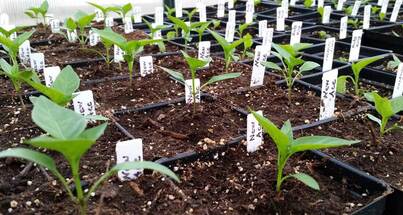 An additional Early Seed Starting Webinar has been added Wednesday, April 3, 6:00 - 7:30 pm @ your computer Offered through WITC See below for registration info Late winter and early spring are the time to check out catalogs, place seed orders and start seeds. Learn more about several seed starting techniques from Sue Reinardy, UW-Extension Master Gardener Volunteer in an upcoming webinar. Sue has volunteered her time to create and deliver this webinar that will feature: deciphering catalog and seed package jargon, proper planting conditions and several techniques including the winter sown planted method that you can start now.
This webinar can be attended from any home computer or device with an internet connection, microphone and camera. Instructions to access the course will be provided a few days before the start of the class. Registration is required through WITC at courses.witc.edu Enter "Early Seed Starting" in the search box. The registration fee is $13.50, and for those 62+ it is $9.00 . |
|
| North Country MGV | gARDEN bLOGS |
Location |
|
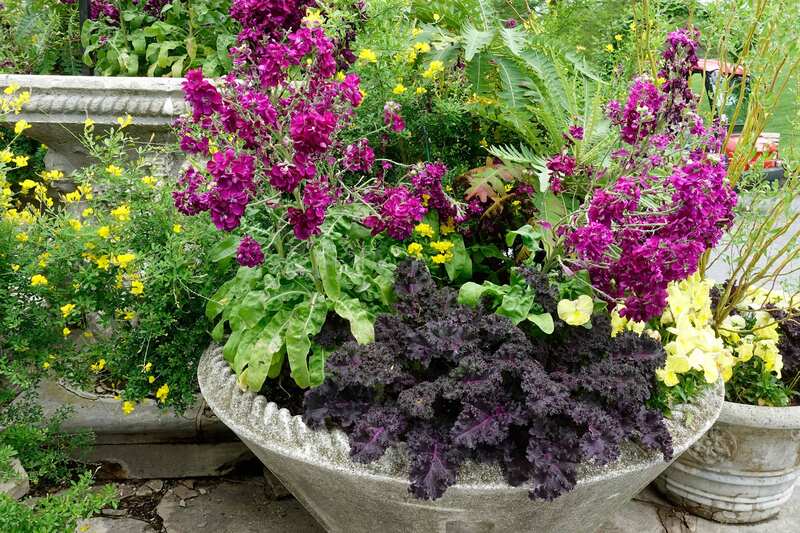
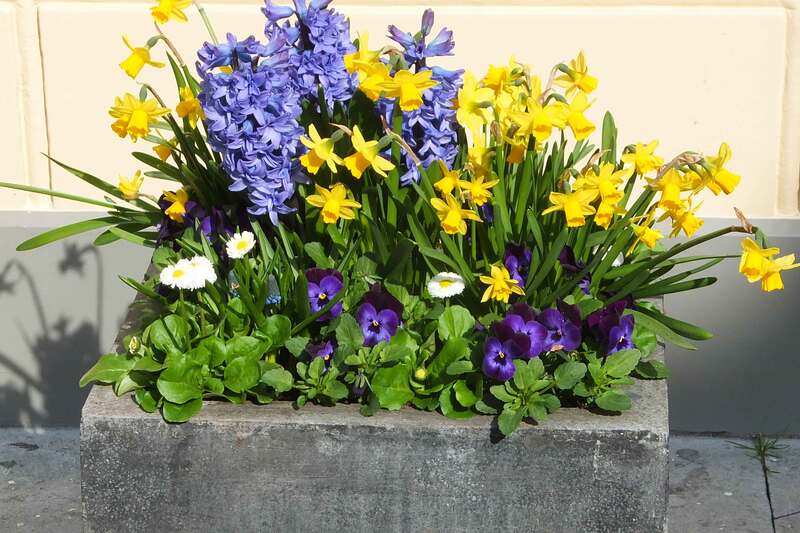
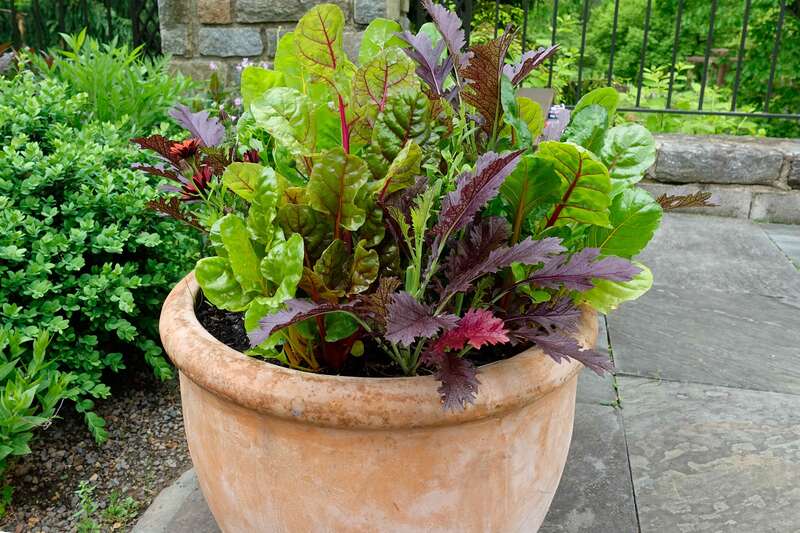
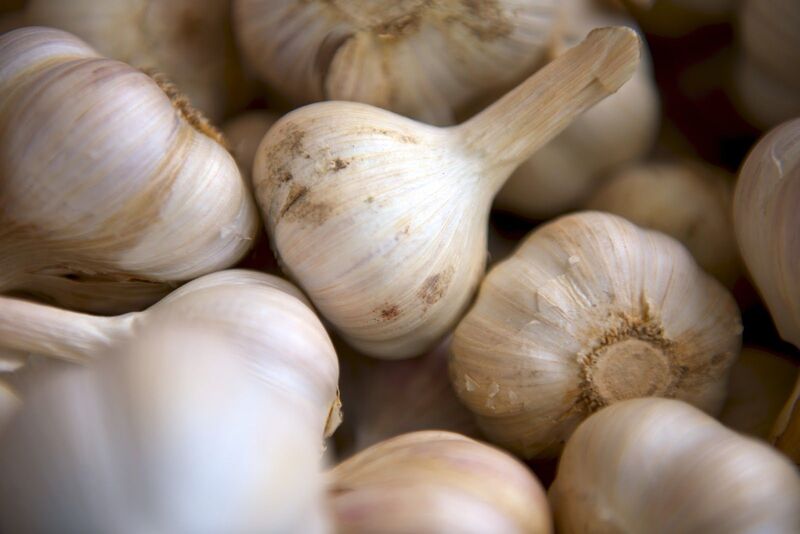
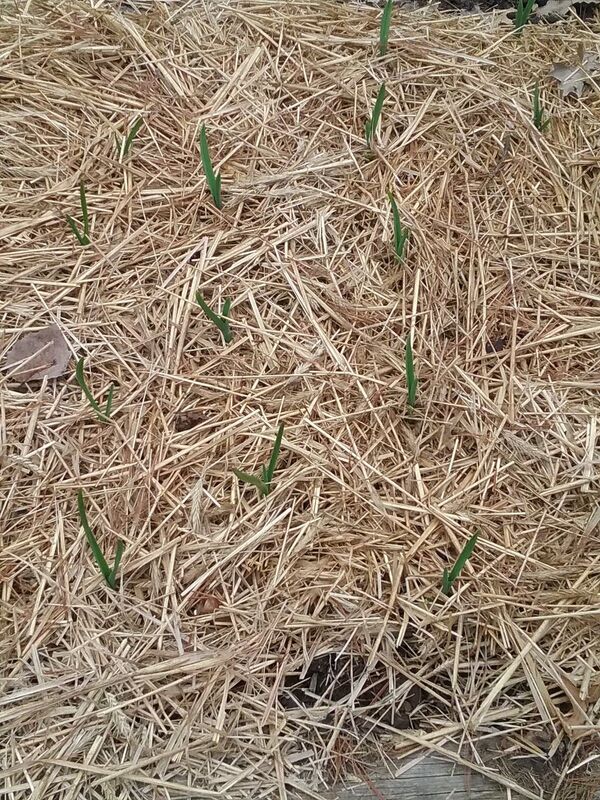
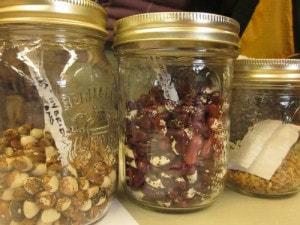
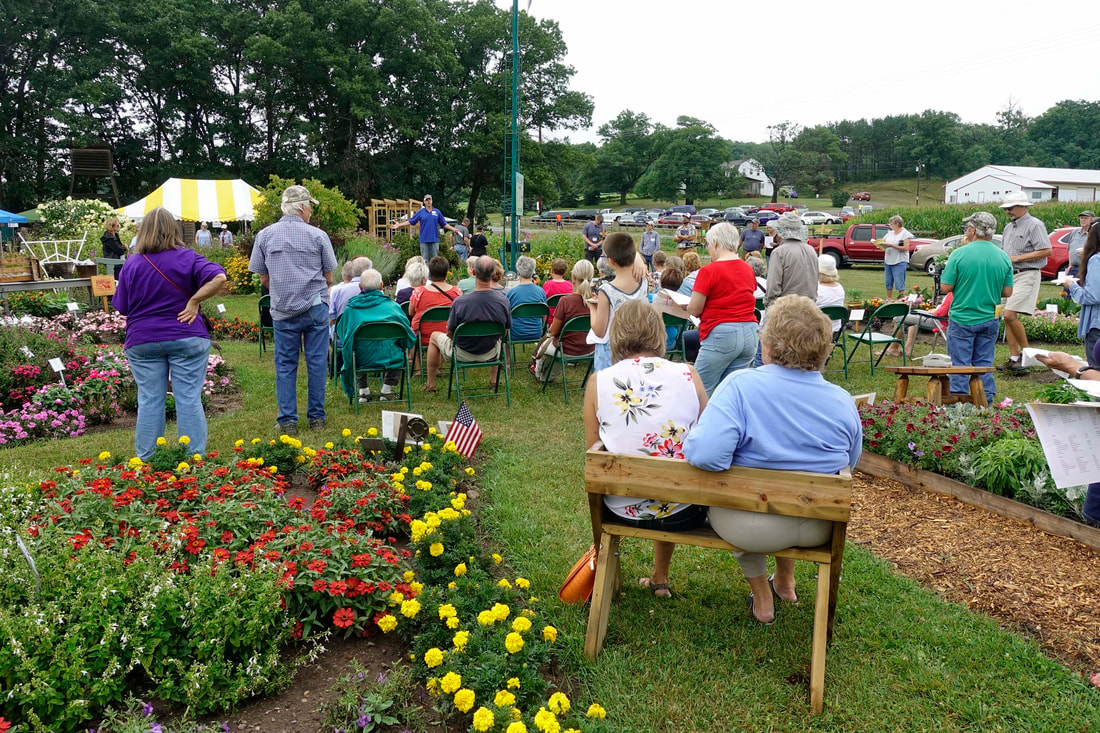
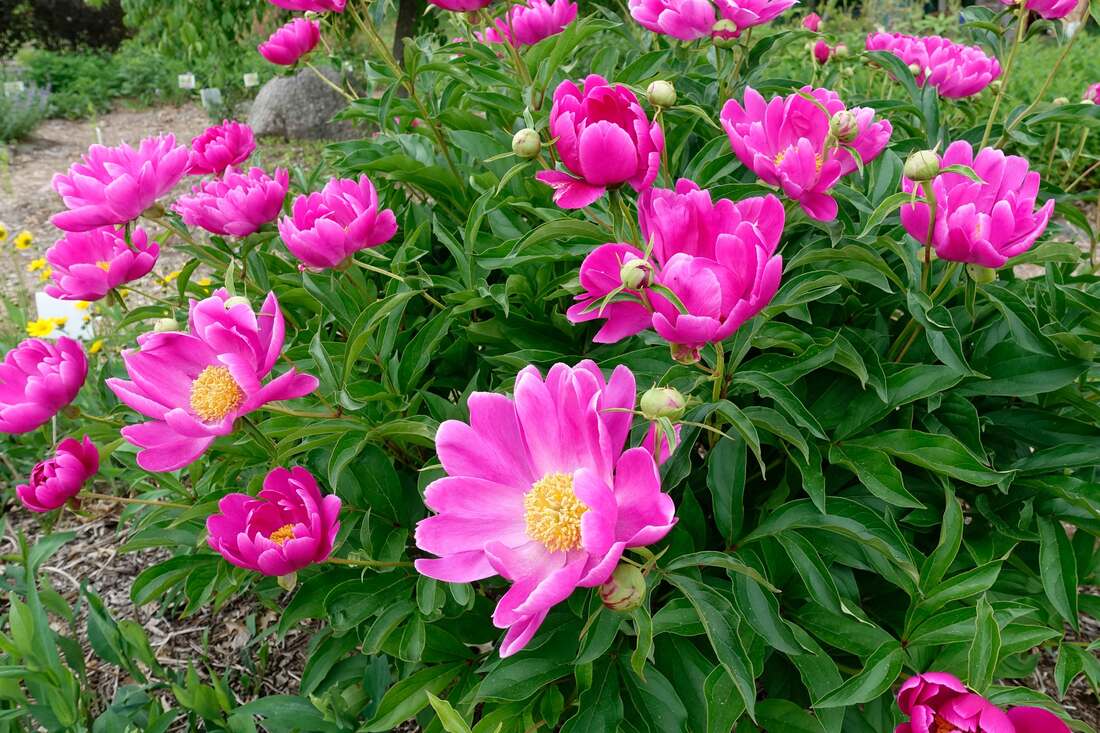
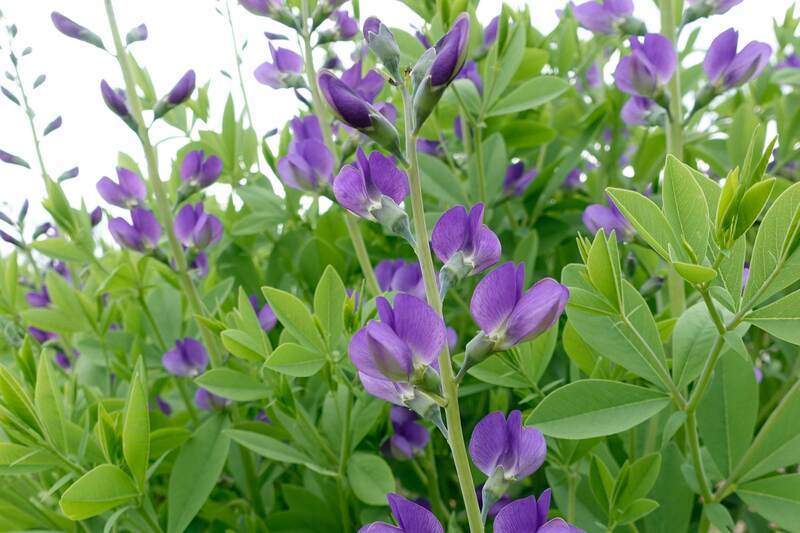
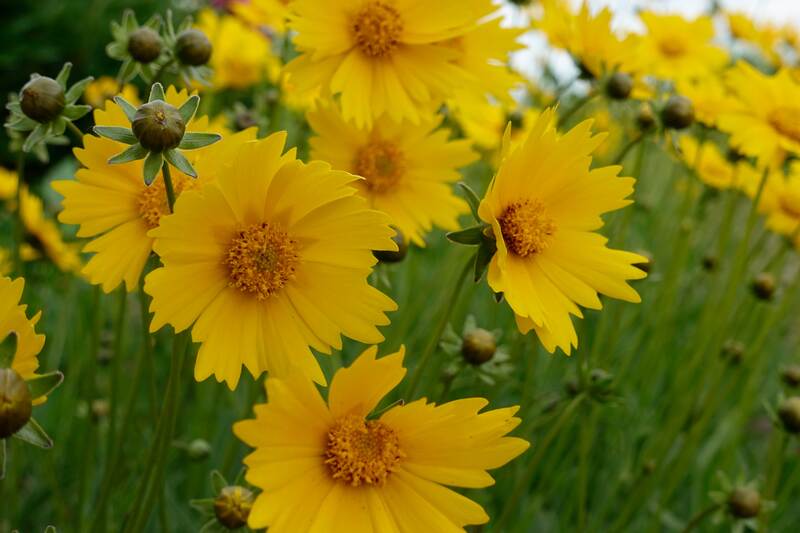
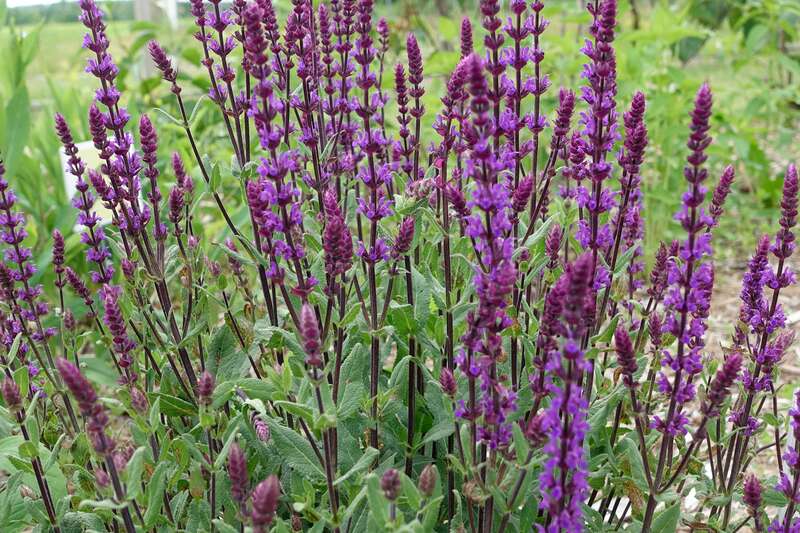
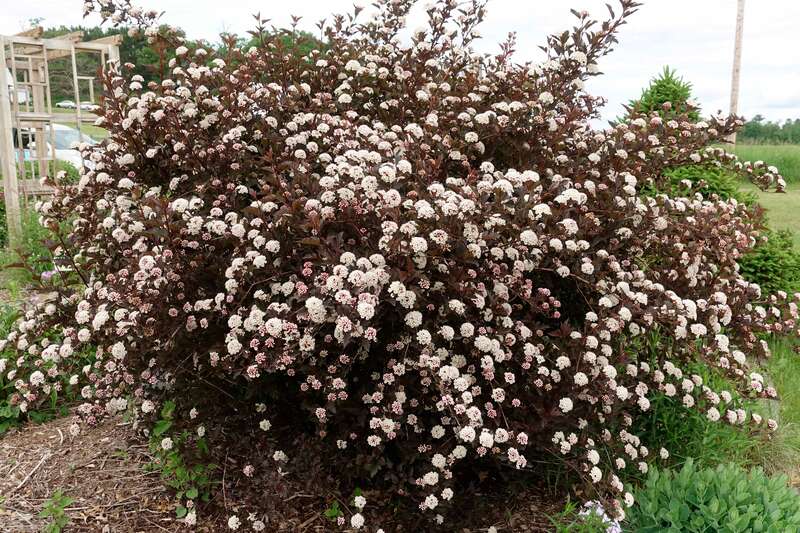
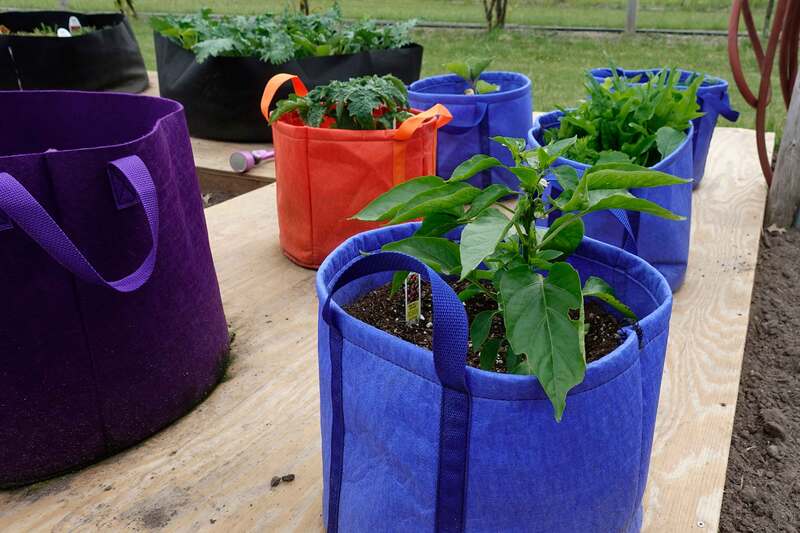
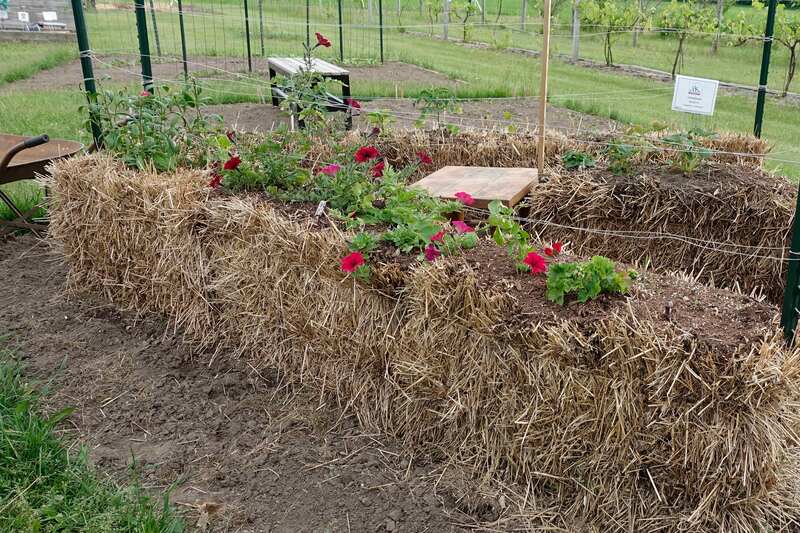
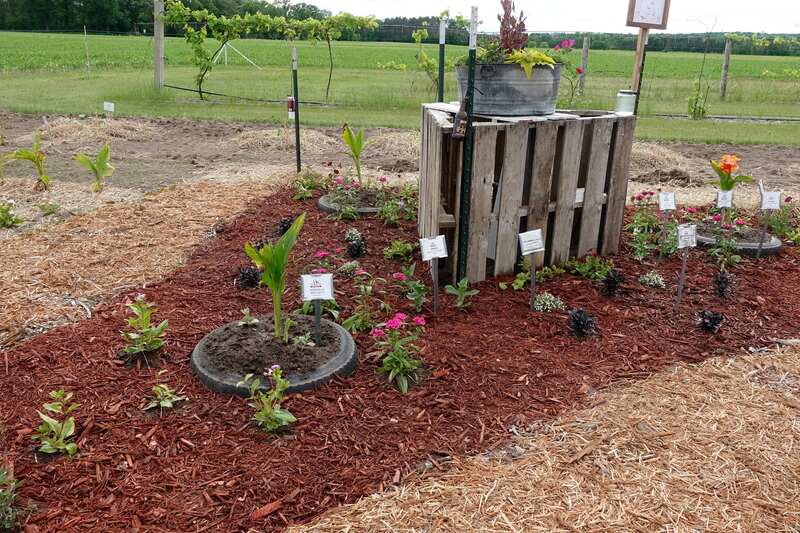
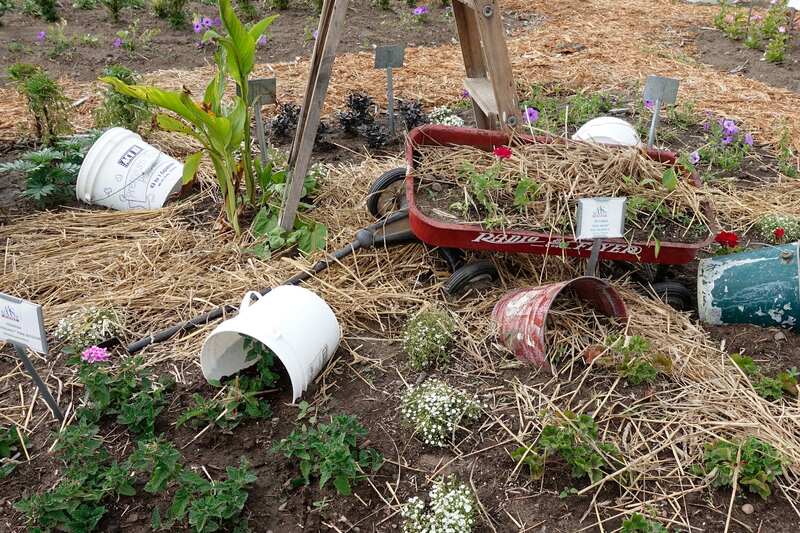
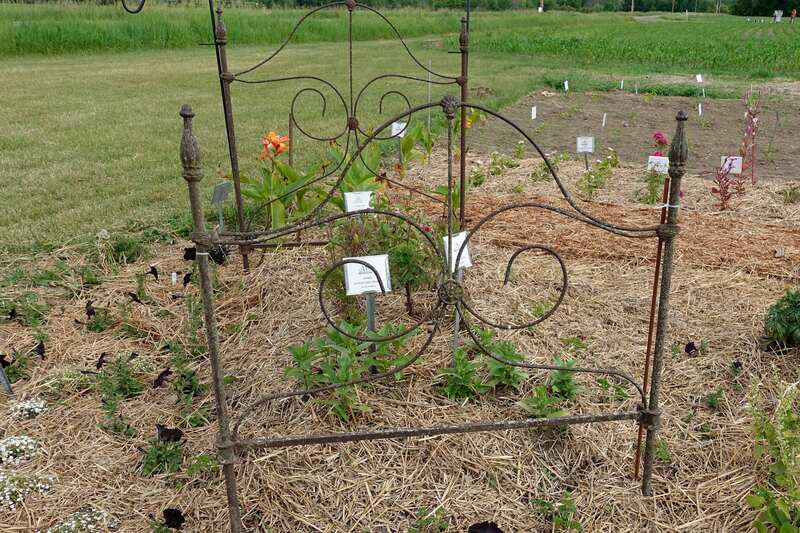
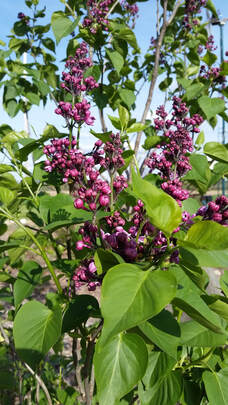
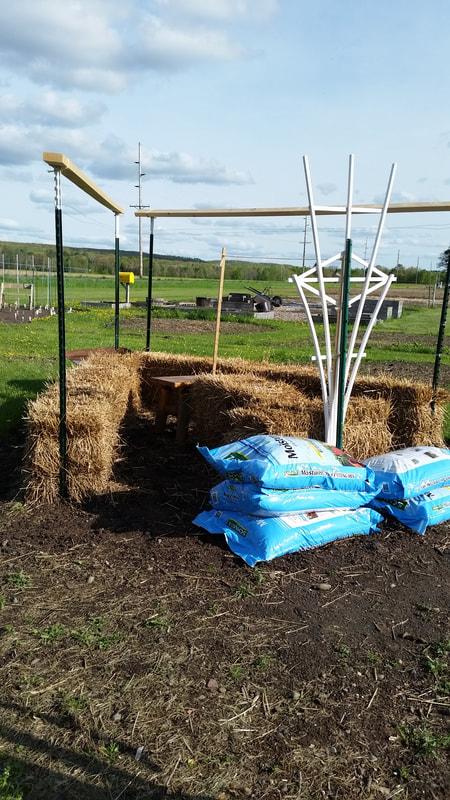
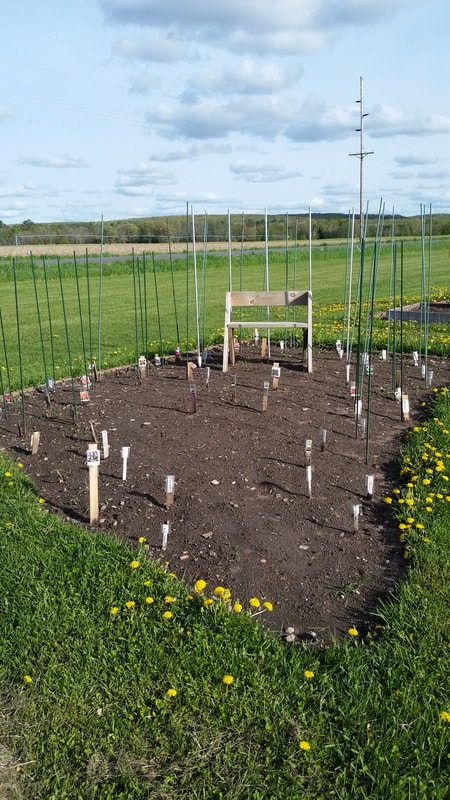

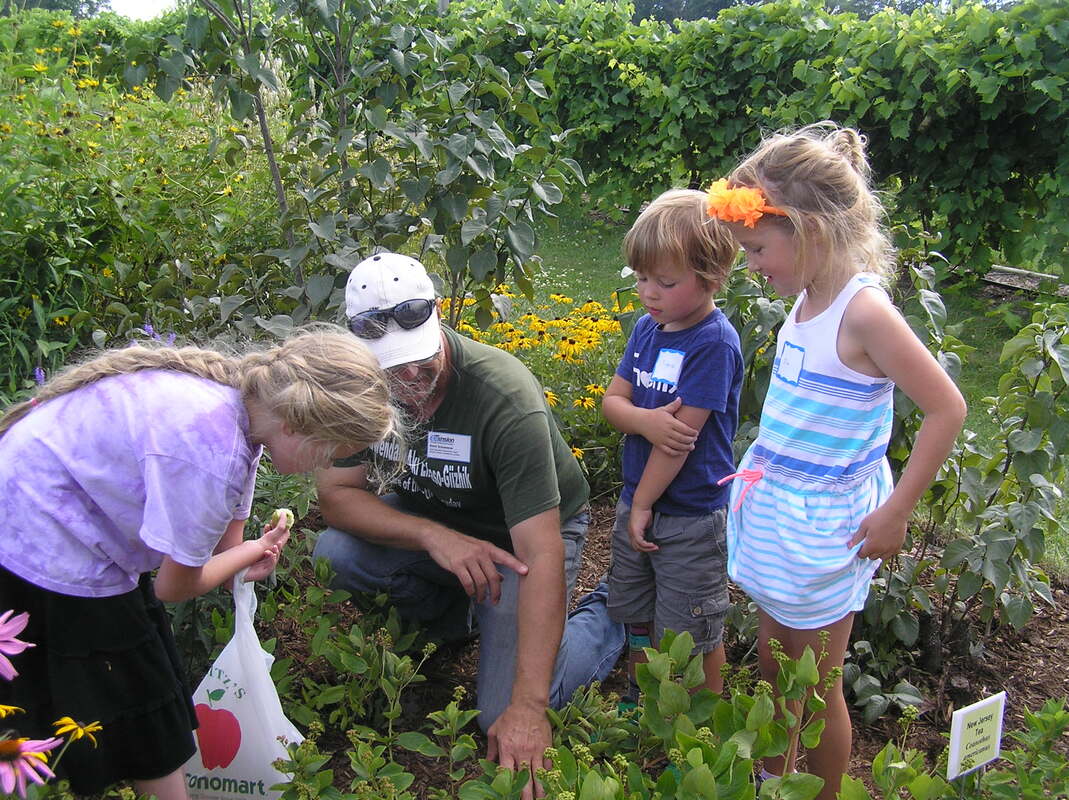
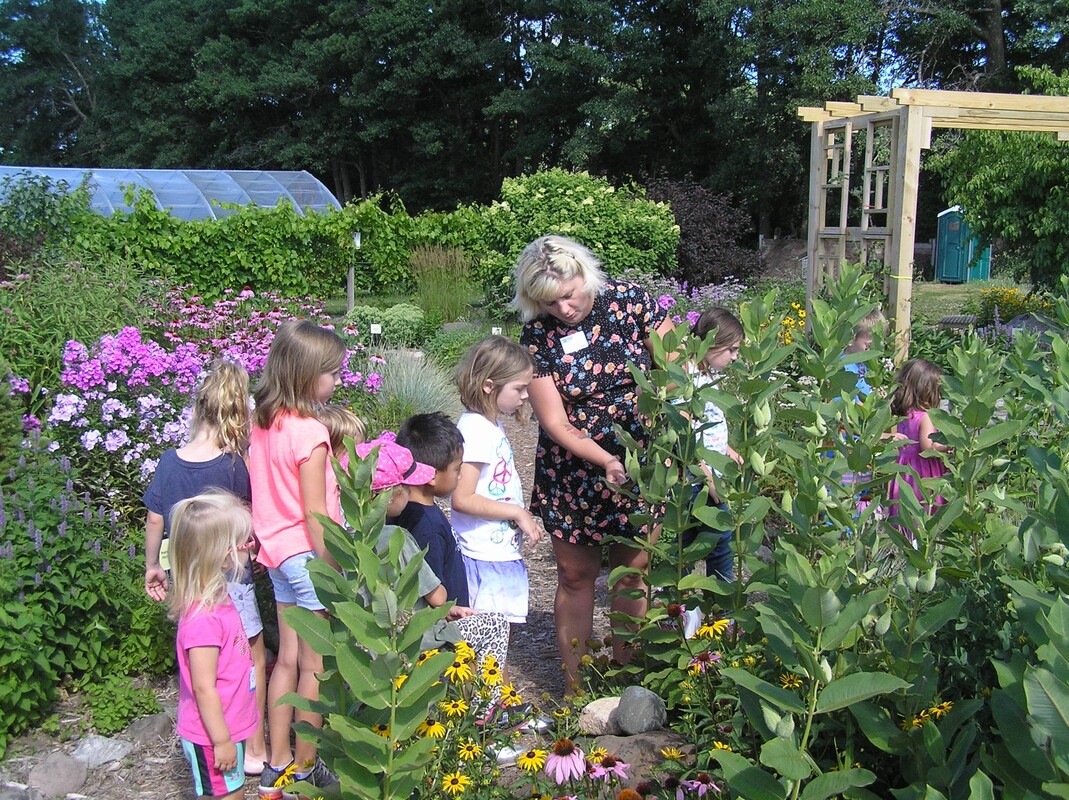
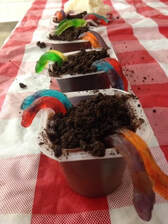
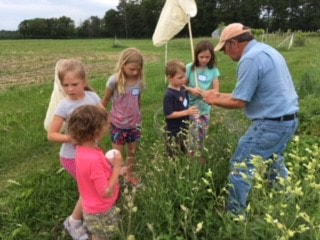
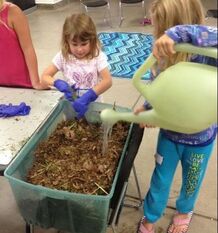
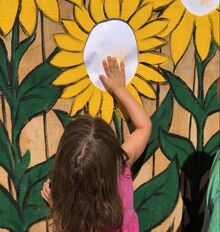
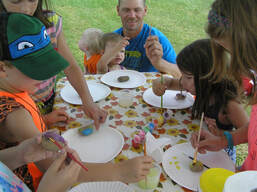
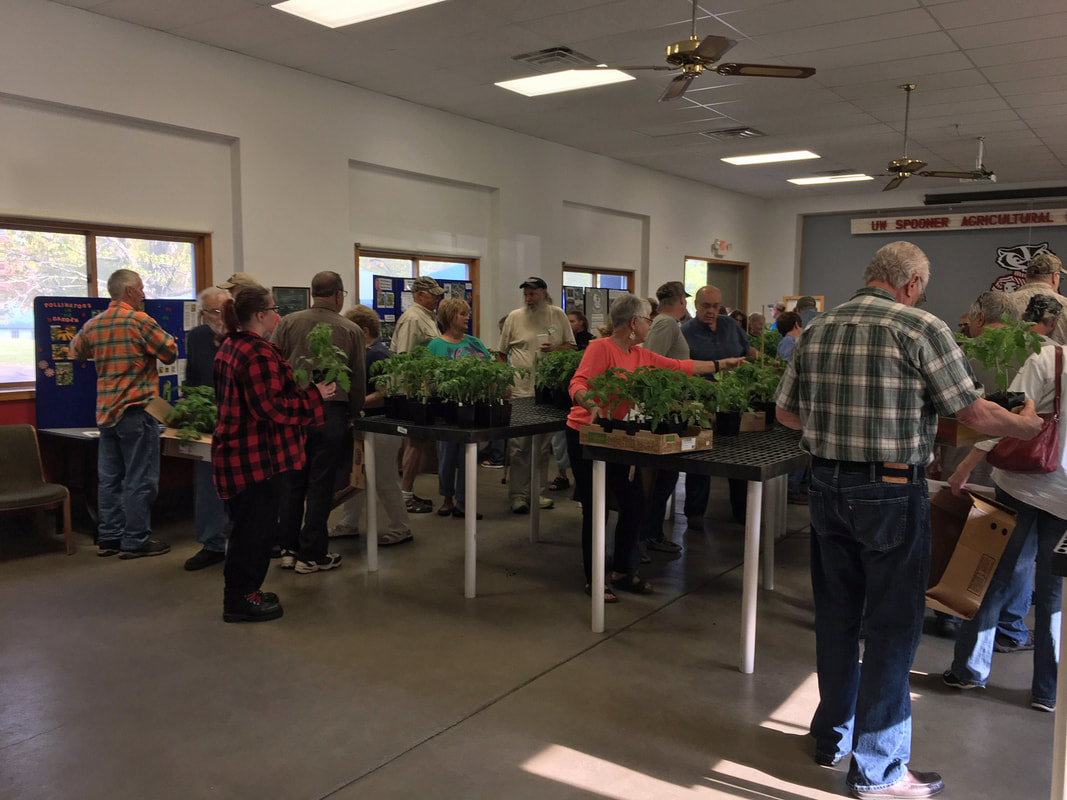
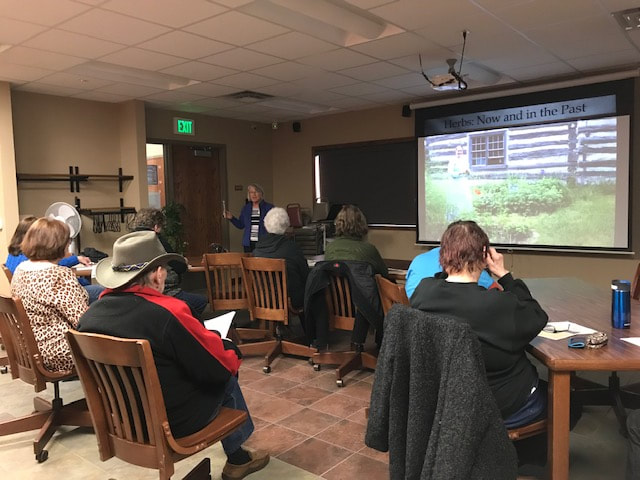
 RSS Feed
RSS Feed